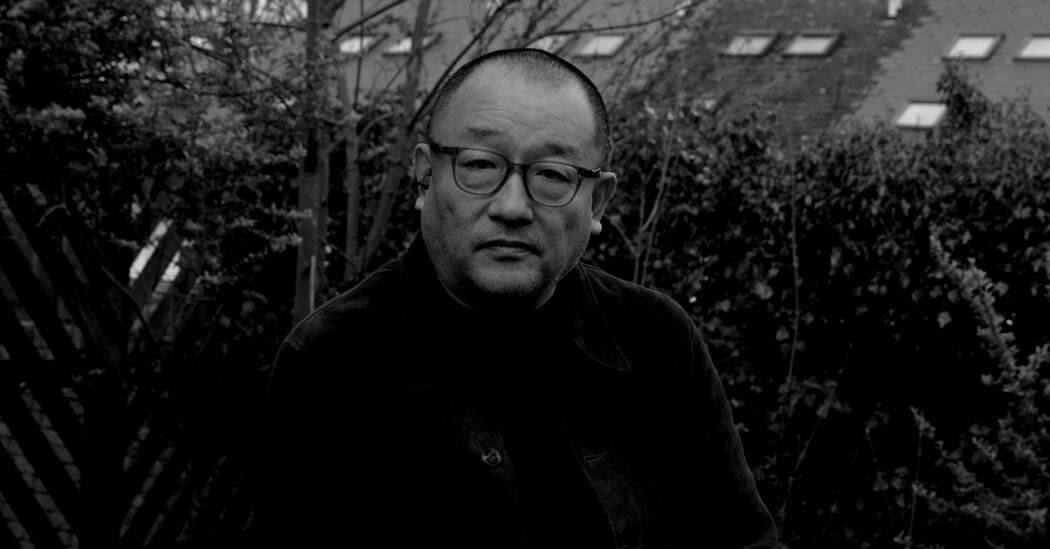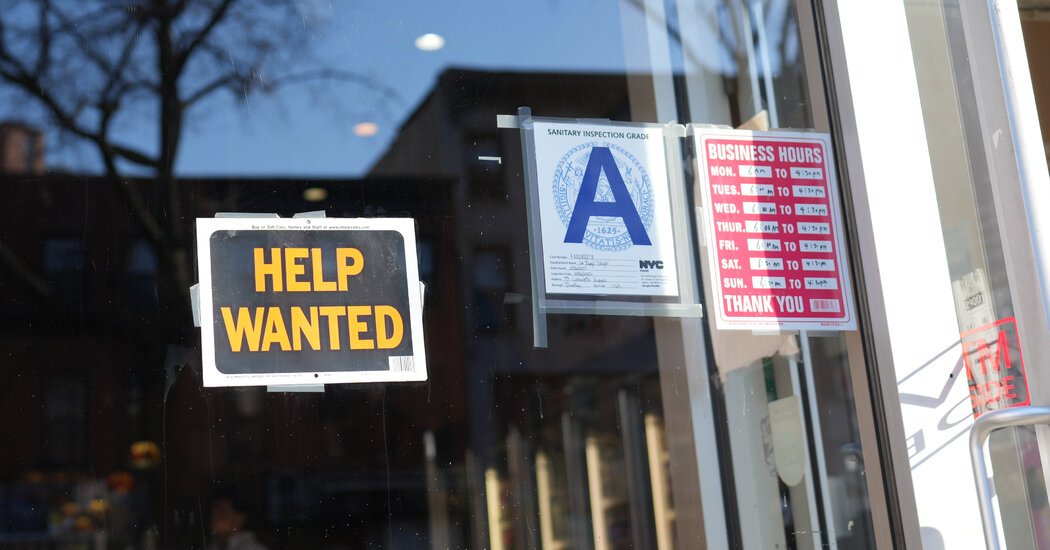China’s film industry was operating under a planned economy when Wang Xiaoshuai graduated from Beijing Film Academy in 1989. Only a few studios, all state-owned, were allowed to make movies.
Eager to start careers as filmmakers, Mr. Wang and some friends scraped together about $6,000, borrowed a camera and persuaded a company to give them film for free. His directorial debut, “The Days,” about a despondent artist couple, was screened at film festivals in Europe in 1994. The British Broadcasting Corporation listed it as one of the 100 best films of all time.
But the Chinese film authorities weren’t happy. They barred Mr. Wang from working in the industry because he had screened “The Days” at foreign film festivals without their permission.
Mr. Wang, like many other artists in China, found ways around the ban, and he went on to become one of the country’s most acclaimed directors as the restrictions loosened. But last month, history repeated itself. When he screened his latest film, “Above the Dust,” at the Berlin International Film Festival, his company got a call from China’s censors. He was ordered to withdraw it or risk severe consequences.
“I didn’t expect that after 30 years, I would end up back in the same place,” he told me in an interview from London, where’s he’s staying for now.
“It’s a hefty price to pay,” he said. “But it’s a price I have to face and accept.”








